 WhatsApp
WhatsApp
 Call Us
Call Us
 Email Us
Email Us
 Whatsapp Community
Whatsapp Community

Investing in the Indian stock market as an NRI can be a rewarding way to grow your wealth, but it requires choosing the right investment path. Should you opt for a Portfolio Investment Scheme (PIS) account or a Non-PIS account?
This question often puzzles NRIs looking to invest in India. Each account type has unique features, benefits, and limitations. To help you make an informed decision, this blog explores the key differences between PIS and Non-PIS accounts, and how to select the best option based on your financial goals.
A Portfolio Investment Scheme (PIS) account is a specialized facility regulated by the Reserve Bank of India (RBI), enabling NRIs and PIOs to buy and sell shares and bonds of Indian companies listed on stock exchanges. Here's a quick overview:
A Non-PIS account lets NRIs invest in India without the regulatory reporting requirements associated with PIS accounts. This route is often preferred for its simplicity and flexibility, making it an attractive option for NRI investment in India. Here's what you need to know:
| Aspect | PIS Account | Non-PIS Account |
|---|---|---|
| Purpose | Trading equity shares on Indian exchanges. | Broad range of investments, including mutual funds and derivatives. |
| Repatriability | Fully repatriable (NRE PIS) or limited (NRO PIS). | Non-repatriable, capped at $1 million/year. |
| Reporting | Mandatory reporting to RBI. | No RBI reporting required. |
| Fees & Costs | Higher fees, including AMC and transaction charges. | Lower costs, no PIS permission required. |
| Mutual Fund Investment | Not available. | Available. |
| Regulatory Restrictions | Maximum NRI shareholding limits apply. | No such restrictions. |
The answer depends on your investment goals and financial circumstances. Let’s break it down:
Choose a PIS Account If You:
Opt for a Non-PIS Account If You:
Investing in stocks can yield high returns, but it requires time, research, and close monitoring—factors that can be challenging for NRIs due to differing time zones and busy schedules. Mutual funds offer a more straightforward alternative.
1. Is PIS mandatory for NRI investments?
No, you can invest through a Non-PIS account linked to an NRE or NRO savings account.
2. How many PIS accounts can an NRI have?
An NRI can open one PIS account each for NRE and NRO accounts with the same designated bank.
3. Can I invest in mutual funds without a PIS account?
Yes, you can invest in mutual funds via the folio route without needing a PIS account.
4. What are the costs associated with PIS accounts?
Banks charge fees for PIS permissions, AMC, and per-transaction charges, making PIS accounts relatively costly.
5. Can shares bought as a resident Indian be managed via PIS?
No, shares purchased as a resident must be transferred to a non-repatriable demat account.
The choice between PIS and Non-PIS depends on your financial goals, residency status, and investment preferences. While PIS is ideal for NRIs focused on equity investments with repatriation, Non-PIS offers flexibility and cost-efficiency for broader financial instruments.
For a hassle-free alternative, consider mutual funds—they provide diversification and professional management without the complexities of PIS or Non-PIS accounts.
Ready to start your investment journey in India? Explore more resources for NRIs on DineshAarjav.com and make informed decisions tailored to your needs!
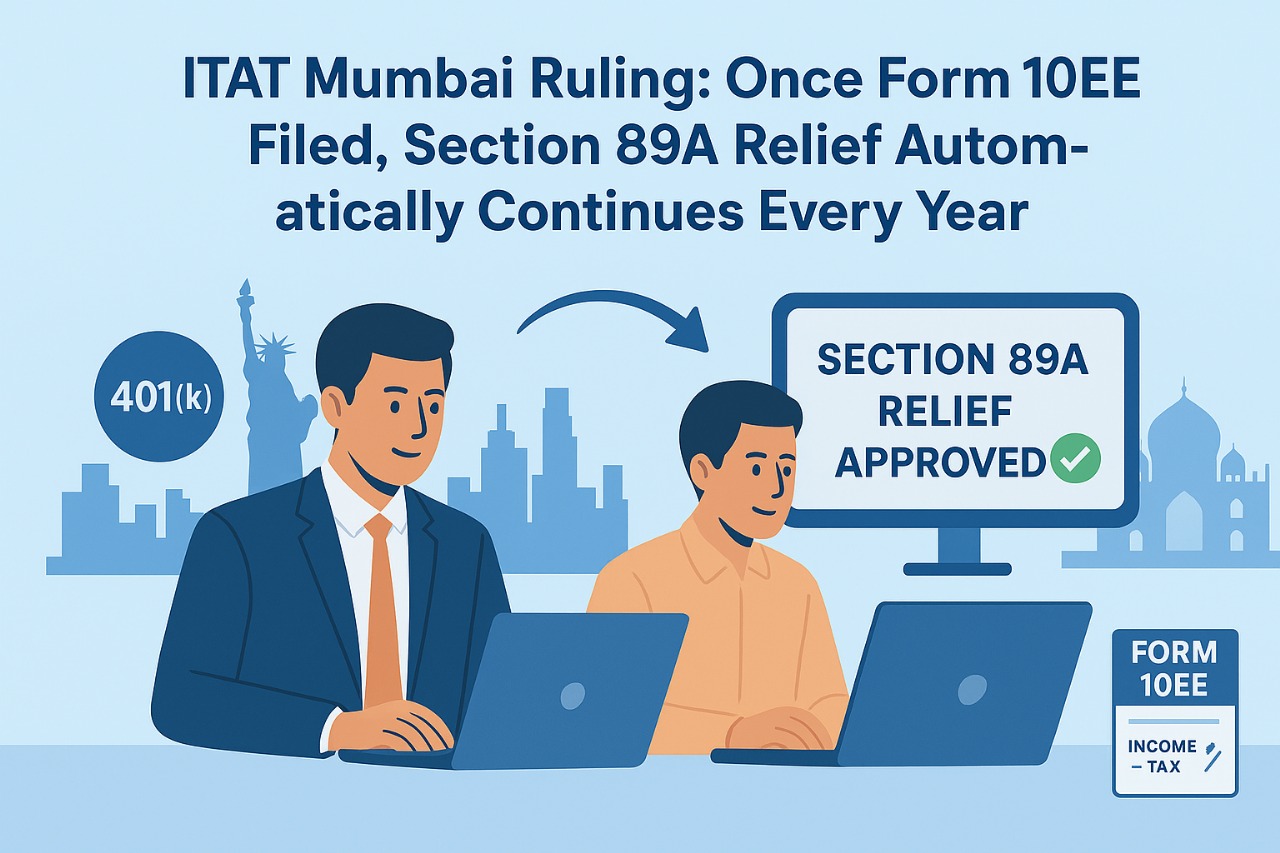
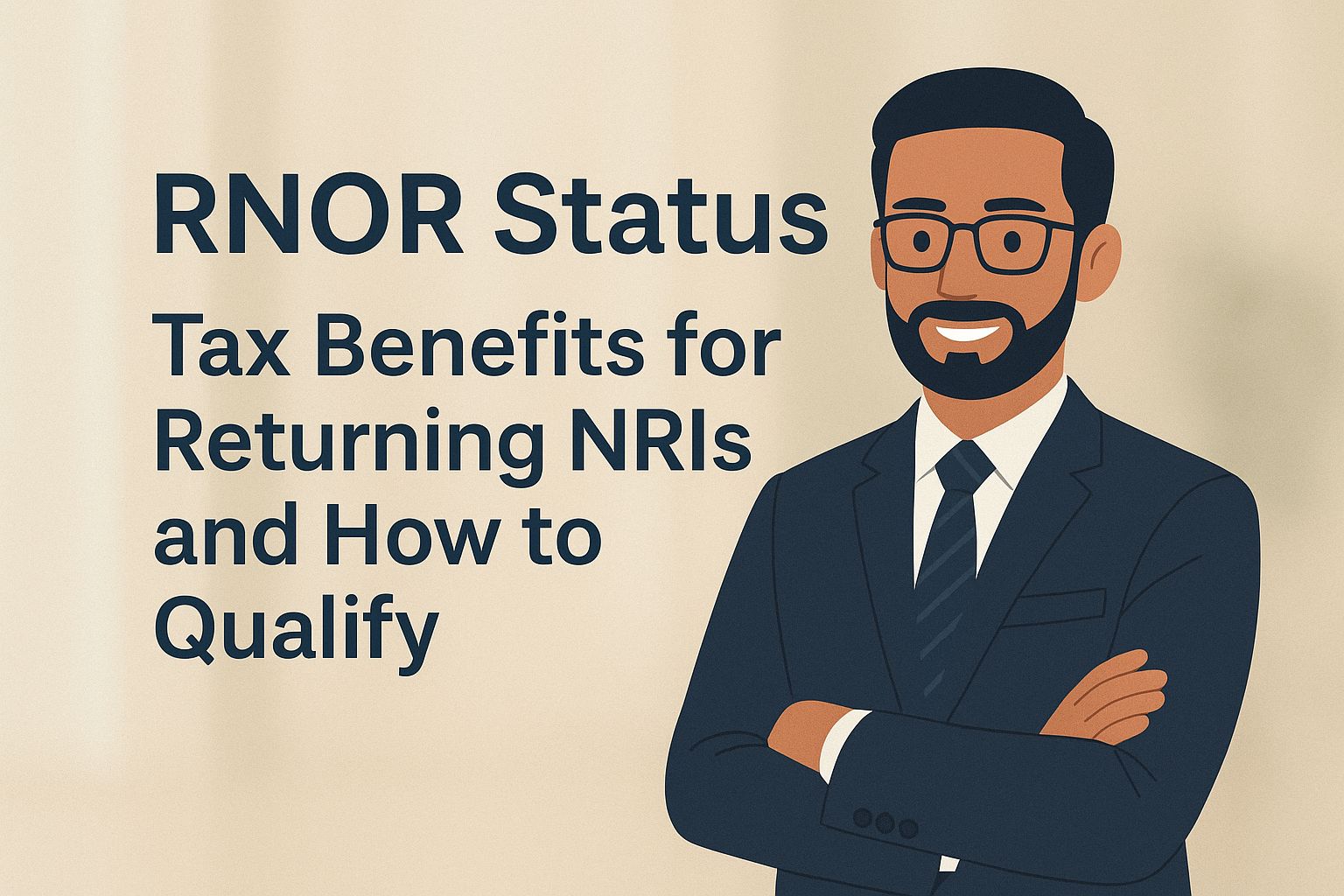
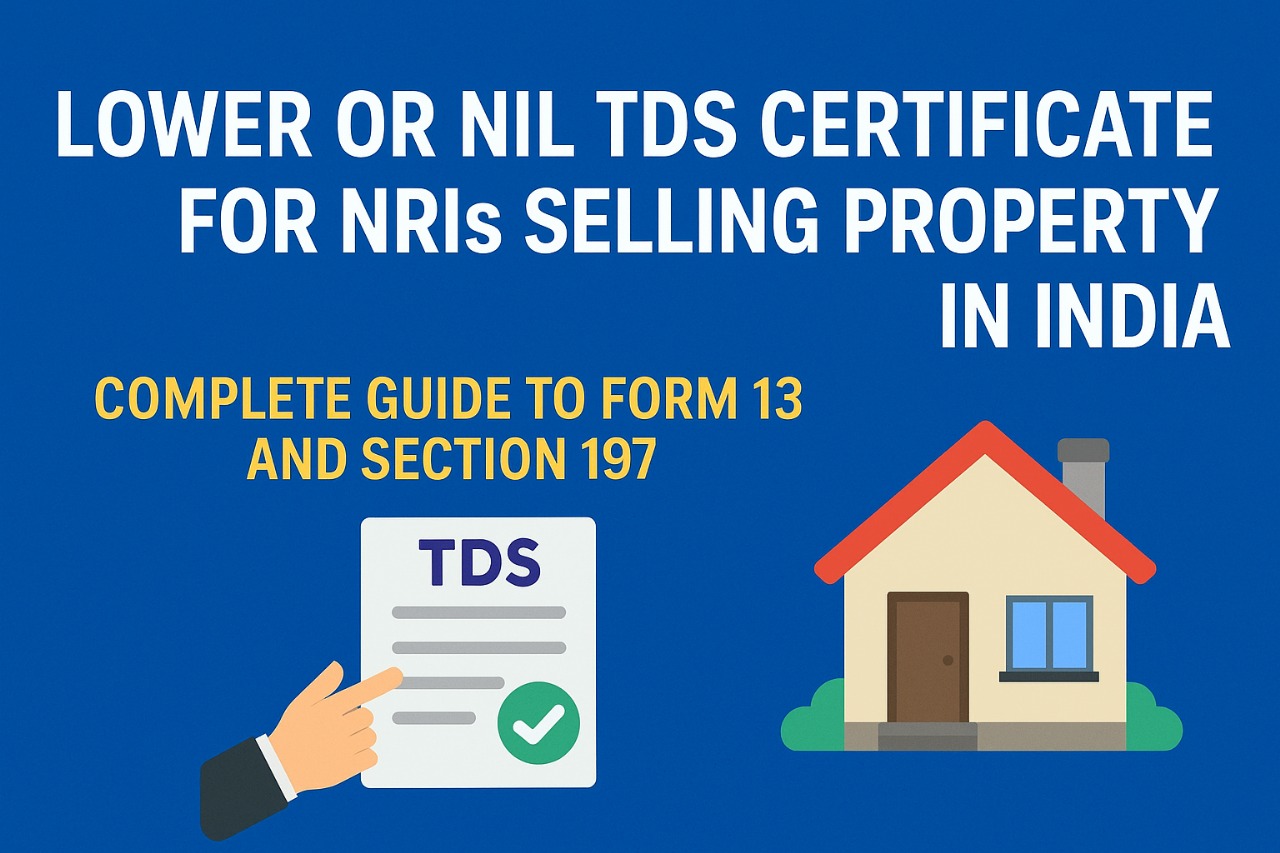
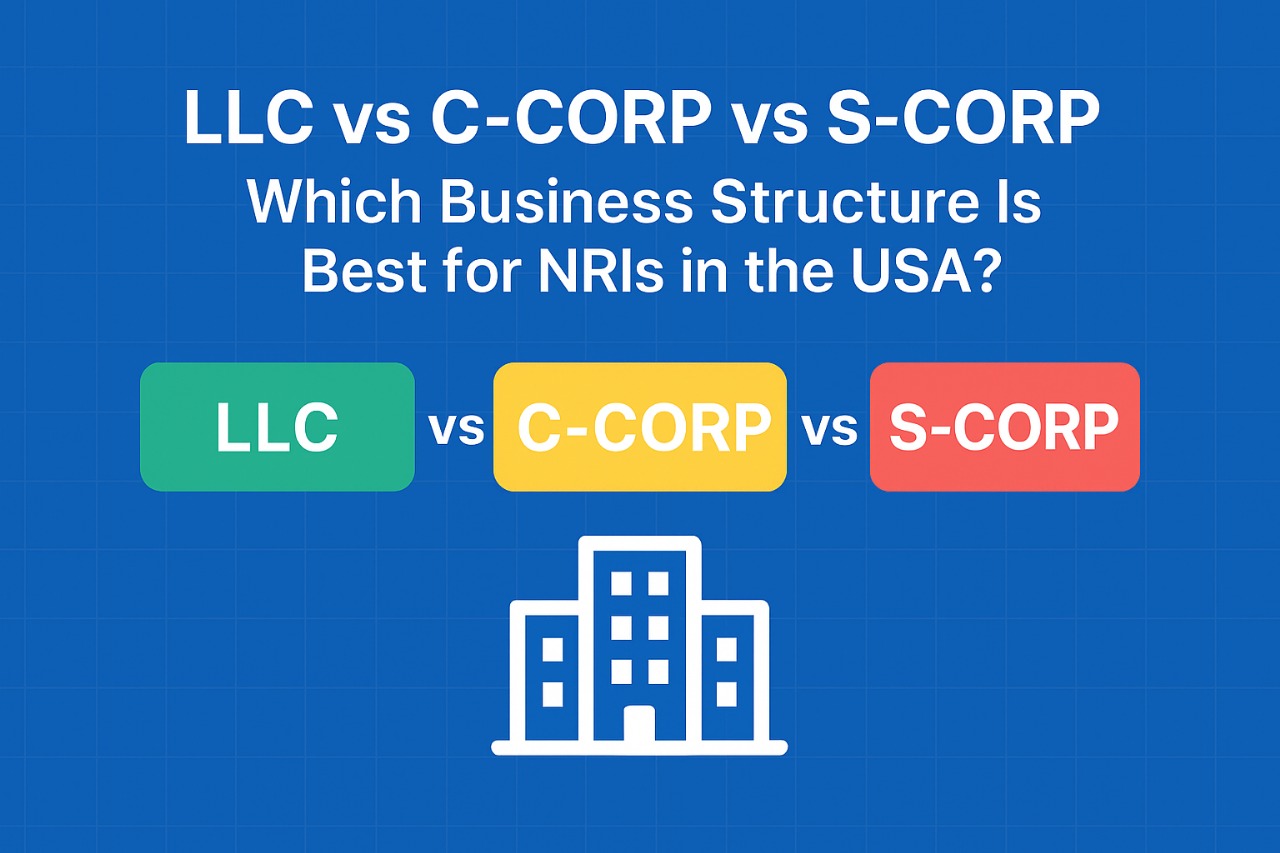
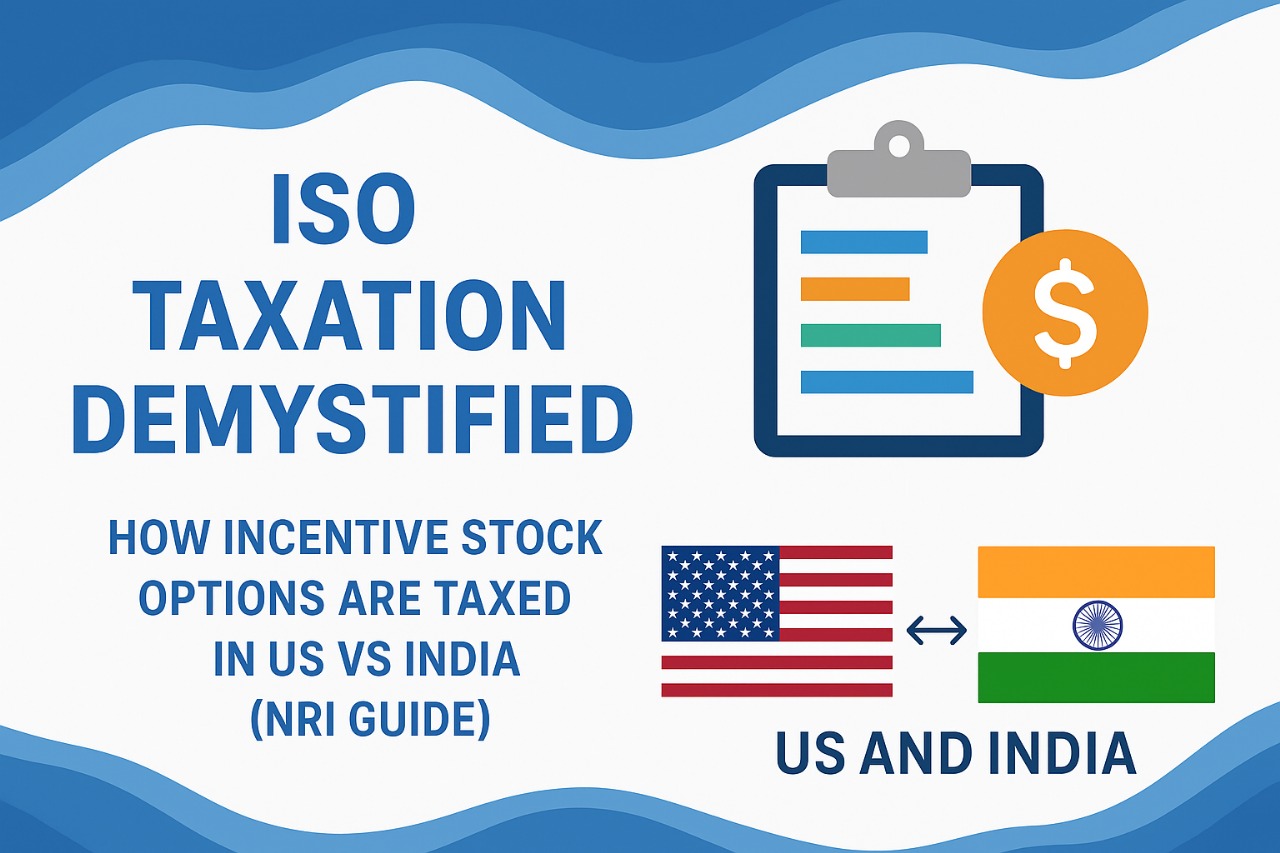

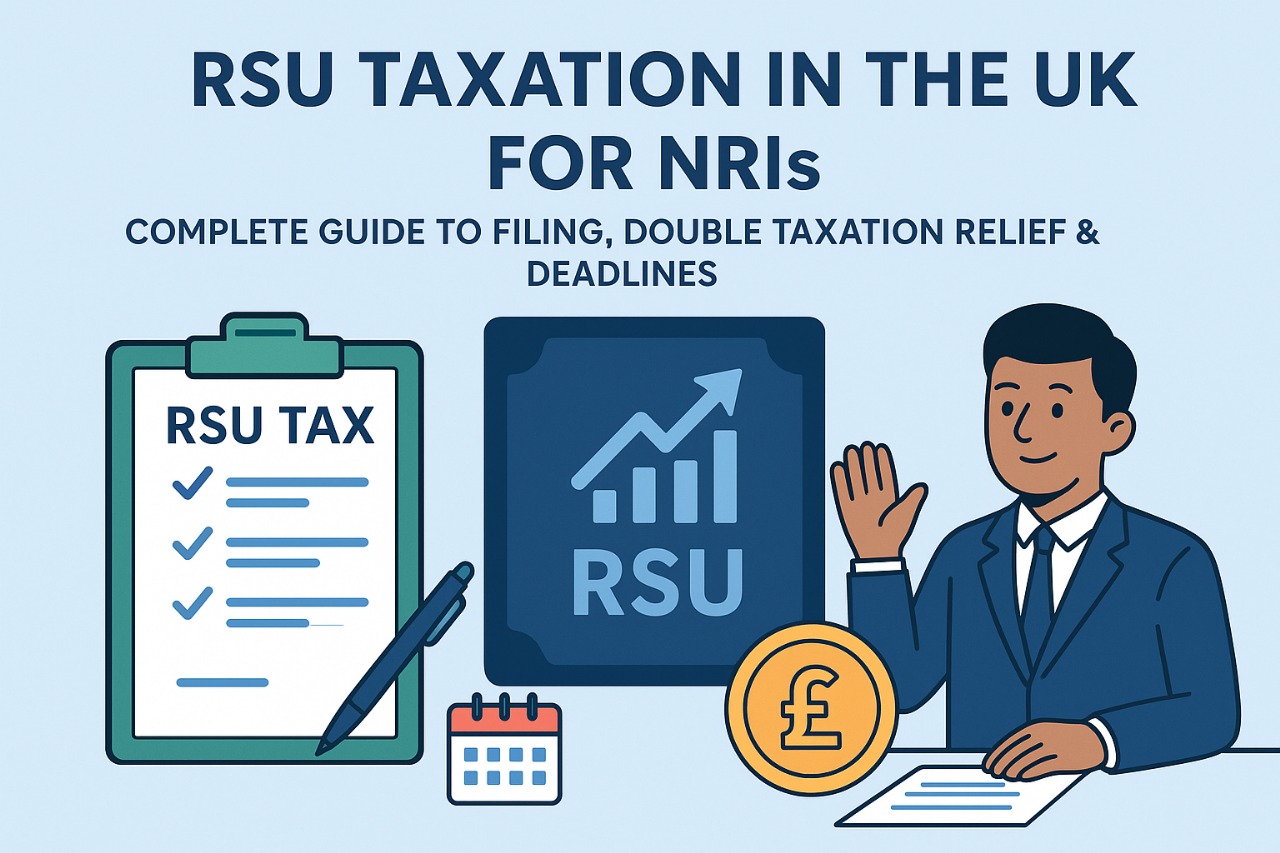
Stay in the loop, subscribe to our newsletter and unlock a world of exclusive updates, insights, and offers delivered straight to your inbox.